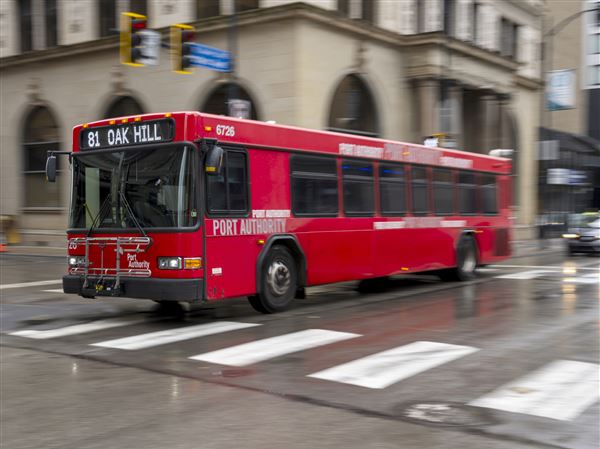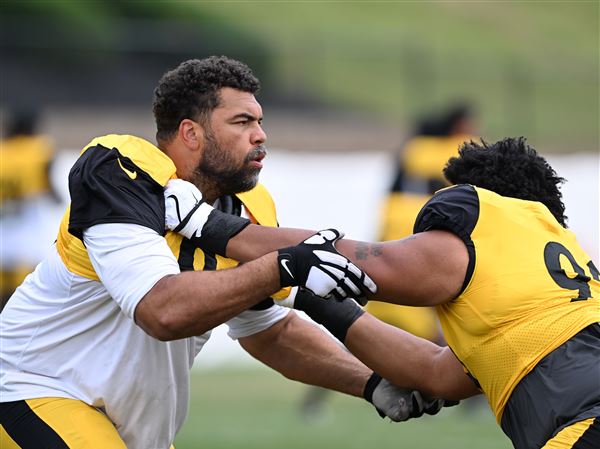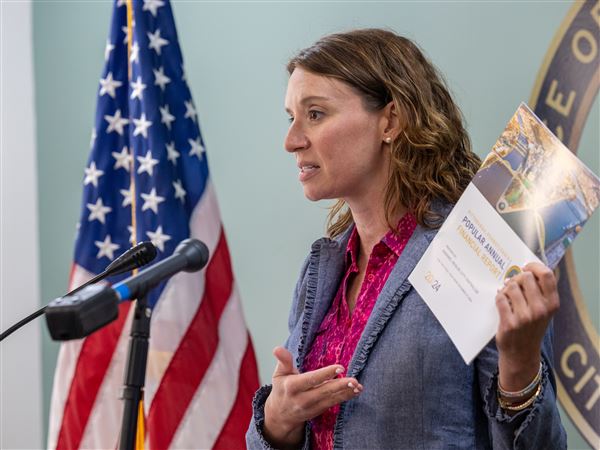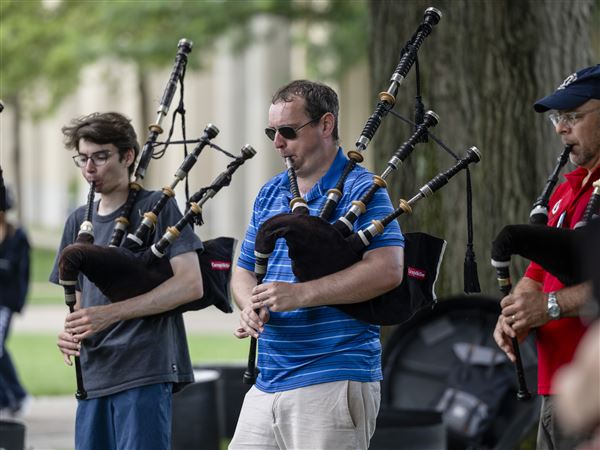HARRISBURG -- Arguing that the state is comparing "apples to screwdrivers" in weighing a private company's plan for boosting state lottery profits against the projected performance of public employees, a union representing lottery workers says it can beat the bid.
In a proposal submitted Tuesday to Gov. Tom Corbett's administration, the American Federation of State, County and Municipal Employees Council 13 contends that the bid from Britain-based Camelot Global Services PA LLC would provide less funding for seniors programs and too little security against missing its profit margins.
If the state decided to expand the lottery's offerings to include keno and online games using its current workforce instead of hiring Camelot to do so, it could realize $799 million more in profits over six years, according to the union's 68-page counterproposal.
"The lottery's coming off of a fantastic year," AFSCME Council 13 executive director David Fillman said. "We're looking at an outfit that would be trying to make a profit."
Department of Revenue spokeswoman Elizabeth Brassell said the administration had received the proposal and will "need to give it the careful review and consideration it deserves before being in a position to comment on it."
Lottery proceeds fund programs for older Pennsylvanians, such as property-tax rebates and discounts on prescription drugs. Mr. Corbett and other administration officials point to the state's growing senior population as a key reason to boost revenues.
Camelot's 20-year bid is due to expire Thursday, after an earlier 10-day extension. An additional deadline extension is possible, which would push a contract decision until after a state Senate hearing scheduled for Monday.
A spokesman for Camelot released a statement Tuesday afternoon, saying the company's bid "is truly a win-win and is backed by $200 million of guaranteed money. The proposal put forward today is based on targets. Not a single dollar is guaranteed."
Part of the firm's proposal, which has not been fully detailed publicly, includes implementing new games like keno, which union members said they could do so without sending any profits to an outside company.
"We have no problems with the expansion of keno and online gaming as far as getting the lottery more revenues," Mr. Fillman said. "We know we are capable of providing that service."
But an overriding part of the administration's argument in favor of hiring an outside company for lottery management has been to shift the risk of growing revenues away from the government agency.
In promising certain profit margins over the next two decades, Camelot has agreed to post $150 million in cash collateral and a $50 million line of credit that state officials could access if it does not meet its targets.
The AFSCME proposal raises questions about that collateral, pointing to a federal cap limiting how much could be drawn down at one time.
"At no point could withdrawals be greater than 5 percent, so even if Camelot wanted to," they might not be legally able to pay the full difference if profits fall short, said Michael Fedor, one of the AFSCME staffers who worked on the union proposal. "The risk then comes back on the commonwealth and taxpayers."
Ms. Brassel responded that the 5 percent cap applies both to annual incentives for Camelot as well as to what it would owe due to less-than-estimated revenues.
"No such shortfall protections exist today if the lottery misses budget estimates," she said.
The union plan also is critical of Camelot basing its figures off the legally proscribed minimum that must be put toward seniors programs. While that minimum currently is 27 percent of revenues -- set to rise to 30 percent in 2015 -- the AFSCME document states that the lottery was able to put 29.9 percent toward those programs last year.
Among its own proposals for boosting performance, the union calls for putting together five-year projections for revenues and costs; setting a mandatory funding reserve for the lottery; developing a loyalty program; and amending state law to allow for lottery sales at liquor stores.
First Published: January 9, 2013, 5:00 a.m.













